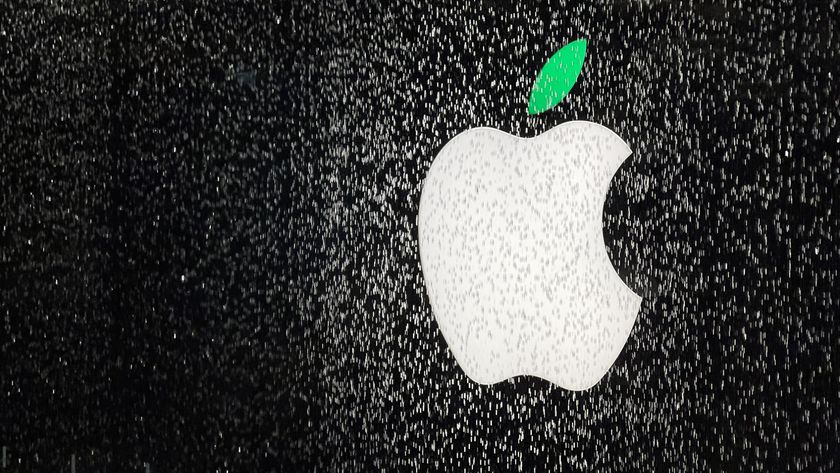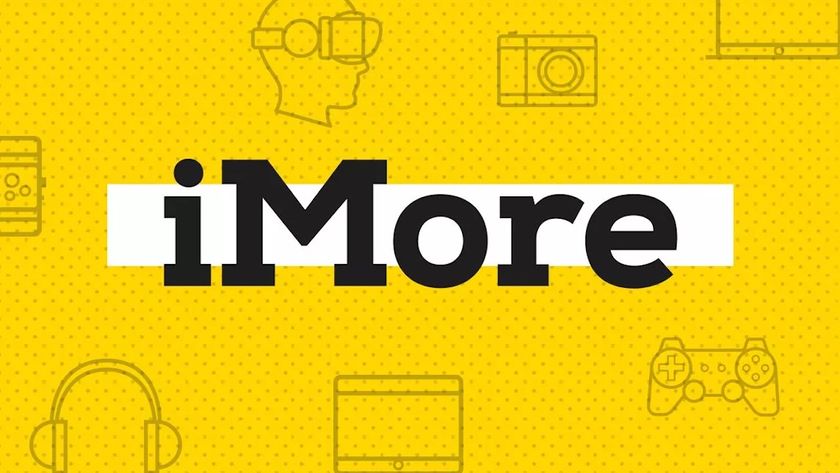Why FaceTime quality might have dropped, why Apple still hasn't released it as an open standard, and patent trolls

Way back in 2010 when FaceTime was first announced alongside the iPhone 4, Steve Jobs said that Apple would be releasing it as an open standard, presumably so other companies could make compatible clients on other platforms, and the world could video chat in harmony. But that never happened. Apple was sued by VirnetX, a patent-holding entity - sometimes referred to as patent troll. Apple lost the original trial, held in Texas' infamous rocket docket - a favorite of patent trolls - and lost the appeal. Now it looks like they're on the line for millions of dollars, and worse - are having to change the way FaceTime itself works. Joe Mullin spoke to Jeff Lease, one of VimetX's investors, for Ars Technica:
Before the VirnetX case, nearly all FaceTime calls were done through a system of direct communication. Essentially, Apple would verify that both parties had valid FaceTime accounts and then allow their two devices to speak directly to each other over the Internet, without any intermediary or "relay" servers. However, a small number of calls—5 to 10 percent, according to an Apple engineer who testified at trial—were routed through "relay servers."Both sides in the litigation admit that if Apple routes its FaceTime calls through relay servers, it will avoid infringing the VirnetX patents. Once Apple was found to be infringing—and realized it could end up paying an ongoing royalty for using FaceTime—the company redesigned the system so that all FaceTime calls would rely on relay servers. Lease believes the switch happened in April.
And this, according to Lease, has proven expensive and resulted in a significant rise in service complaints about FaceTime. I'm not a patent lawyer nor expert, and I can't tell if Apple is really violating VirnetX's patents or if VirnetX's patents are so broad and vague as to be impossible not to violate. FaceTime, however, was based on open standards, so it could well be the latter. In which case, it shows once again why, under the current system in general, and with patent trolls and the Texas rocket docket in particular, we can't have nice internet things.
The VirnetX lawsuit has also forced changes to Apple's VPN on-demand feature.
Apple isn't changing course on FaceTime itself, however. iOS 7 will include FaceTime Audio, and Apple recently put out a new FaceTime Every Day ad.
Whether or not Apple will ever be able to release FaceTime as an open standard, though, now remains a huge question, since anyone implementing it might likewise become subject to a patent suit courtesy of VimetX. In the meantime, go read the rest of Lease's story on Ars and then come back and tell me what you think.
Source: Ars Technica, thank Anthony!
Master your iPhone in minutes
iMore offers spot-on advice and guidance from our team of experts, with decades of Apple device experience to lean on. Learn more with iMore!

Rene Ritchie is one of the most respected Apple analysts in the business, reaching a combined audience of over 40 million readers a month. His YouTube channel, Vector, has over 90 thousand subscribers and 14 million views and his podcasts, including Debug, have been downloaded over 20 million times. He also regularly co-hosts MacBreak Weekly for the TWiT network and co-hosted CES Live! and Talk Mobile. Based in Montreal, Rene is a former director of product marketing, web developer, and graphic designer. He's authored several books and appeared on numerous television and radio segments to discuss Apple and the technology industry. When not working, he likes to cook, grapple, and spend time with his friends and family.


